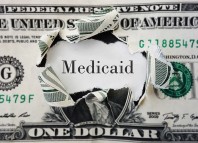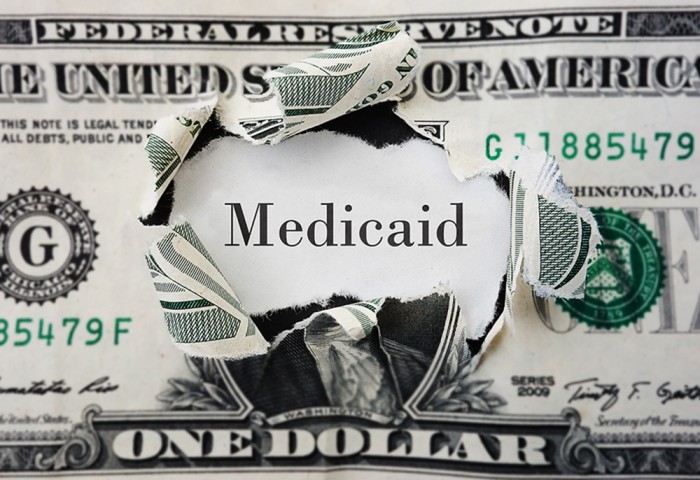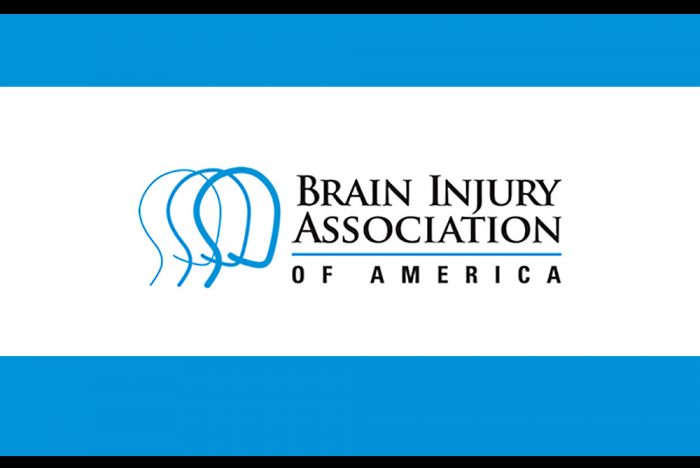Brain Injury Association of America Announces My Brain Injury Journey Campaign During Brain Injury Awareness Month
DETAC Webinar on Supporting Employment Goals Through Small Business Ownership to be Held March 12
Bloomberg: Change Healthcare Cyberattack Is Still Disrupting Pharmacies, Other Providers
The Governor’s Budget Excludes the Brain Injury Population, Again: PennLive Letter by RCPA President/CEO Richard Edley
Reminder for IPRC Webinar — Preventing Secondary Trauma and Practical Self Care for Pediatric Rehabilitation Providers
Monday, March 4, 2024
12:00 pm – 1:00 pm EST; 11:00 am – 12:00 pm CST;
10:00 am – 11:00 am MST; 9:00 am – 10:00 am PST
Register Here
Kara Monnin, PhD
Kara Monnin, PhD, is a Clinical Assistant Professor of Pediatrics at Nationwide Children’s Hospital and Ohio State University’s School of Medicine in Columbus, OH. Dr. Monnin provides clinical services across multiple inpatient units, including complex healthcare, inpatient physical medicine and rehabilitation, and acute care services (PICU, Trauma/Surgery/Neurosurgery), and operates on a consultative basis for Complex Care clinics. Dr. Monnin also serves as a member of the Advanced Illness Management/Palliative Care team at NCH and specializes in traumatic brain injury, rehabilitation populations, and children and adolescents with complex medical needs.
Kelsey E. Bakaletz, MSW, LISW
Kelsey E. Bakaletz, MSW, LISW, is most importantly, a mother to 2-year-old Ellis. Kelsey is a clinical medical social worker in Developmental Behavioral Pediatrics at Nationwide Children’s Hospital in Columbus, OH. Kelsey received both undergraduate and graduate degrees from Ohio State University. Prior to working at NCH, Kelsey spent two years in rapid re-housing of homeless military veterans, and before that, she spent almost two years in therapeutic rehabilitation of adjudicated juvenile sex offenders. Kelsey is a member of the Trauma-Informed Care Work Group at Nationwide Children’s Hospital, working to provide and teach the best trauma-informed practices. Kelsey is passionate about treating every patient interaction as though the caregiver and child are part of our family, to lead with empathy, compassion, and determination that we resist re-traumatization.
Objectives: At the end of this session, the learner will:
- Understand what secondary trauma is and who is at risk;
- Discuss practical self-care strategies and ways to manage secondary trauma; and
- Implement strategies to support colleagues who are experiencing secondary trauma.
Audience: This webinar is intended for all members of the rehabilitation team, including medical staff, nurses, physical therapists, occupational therapists, speech language pathologists, licensed psychologists, mental health professionals, and other interested professionals.
Level: Intermediate
Certificate of Attendance: Certificates of attendance are available for all attendees. No CEs are provided for this course.
OVR State Board of Vocational Rehabilitation Quarterly Meeting Notice Issued
The Office of Vocational Rehabilitation (OVR) State Board of Vocational Rehabilitation will be held on Thursday, March 7, 2024. The meeting will be held at the Penn Harris Hotel in Camp Hill, PA, from 10:00 am – 3:00 pm, with a break held from 12:00 pm – 1:00 pm. A virtual option will also be available via Zoom. The public is invited to attend in person or call in to this meeting. The meeting notice provides the Zoom access code, and the agenda is available here.
Don’t Miss Out on Presenting at the 2024 RCPA Annual Conference!
RCPA is continuing to accept proposals for our 2024 Conference Embracing Challenges, Empowering Success, which will be held September 24 – 27 at the Hershey Lodge for a statewide audience. Our Conference Committee seeks workshop proposals in every area for possible inclusion, particularly those that assist providers in developing and maintaining high-quality, stable, and effective treatments, services, and agencies in an industry where change is constant. The committee looks for presentations that:
- Highlight new policy, research, and treatment initiatives, such as the use of artificial intelligence, telehealth innovations, and employing people with disabilities;
- Provide specific skills and information related to individual and organizational leadership development and enhancement;
- Discuss advanced ethics practices and suicide prevention;
- Address system changes that affect business practices, including integrated care strategies, value-based purchasing, performance-based contracting, acquisitions and mergers, and alternative payment models;
- Provide guidance on building a culture of a committed workforce, including recruitment and employee development as well as effective remote workforce strategies;
- Offer concrete skills and tools to operate more efficient, effective businesses; and
- Inspire ideas for organizations to be leaders in their field.
The committee welcomes any proposal that addresses these and other topics essential to rehabilitation, mental health, substance use disorder, children’s health, aging, physical disabilities, and intellectual/developmental disabilities & autism. Members are encouraged to consider submitting, and we highly encourage you to forward this opportunity to those who are exceptionally good speakers and have state-of-the-art information to share. Individuals are welcome to submit multiple proposals.
The Call for Proposals (featuring a complete listing of focus tracks) and accompanying Guidelines for Developing Educational Objectives detail requirements for submissions. The deadline for submissions is Monday, March 11, 2024, at 5:00 pm. Proposals must be submitted electronically on the form provided; confirmation of receipt will be sent. Proposals submitted after the deadline will not be considered.
If the proposal is accepted, individuals must be prepared to present on any day of the conference. Workshops are 90 or 180 minutes in length. At the time of acceptance, presenters will be required to confirm the ability to submit workshop handouts electronically four weeks prior to the conference. Individuals unable to meet this expectation should not submit proposals for consideration.
Notification of inclusion for the conference will be made via email by Friday, May 17, 2024. Questions may be directed to Carol Ferenz, Conference Coordinator.
Pennsylvania Delta Center Project to Host Equity Webinar on March 12
RCPA invites you to join us and the Pennsylvania Association of Community Health Centers (PACHC) for a free webinar on creating equitable planes for access to care in physical and behavioral health settings. The webinar will be held March 12 at 12:00 pm and will feature William Seto, Chief Diversity Officer from the National Council of Mental Wellbeing. You can register for the webinar here.
This webinar will focus on addressing diversity and health disparities that lead to health inequities within both the physical and behavioral health spaces that you work in on a daily basis. It has been designed for members of both organizations and supports equity work our organizations have undertaken the last three years as a Delta Center grantee. We are appreciative of your support and look forward to you joining us in the webinar.
Register here. If you have any questions, please contact RCPA Policy Director Jim Sharp.
Deadline for Camden Coalition’s Request for Proposals for 2024 Conference is March 4

















